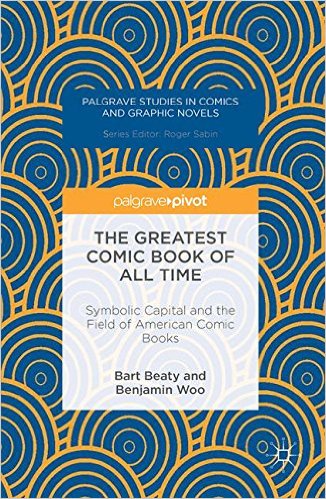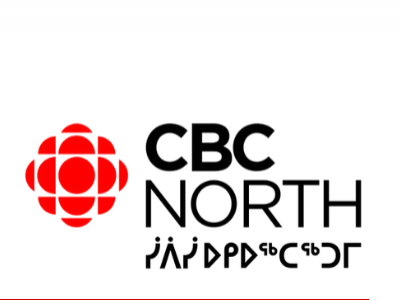A generation of scholars interested in comic art grappled with legitimizing the field, but, according to The Chronicle of Higher Education, the academic study of comic books and graphic novels has entered the mainstream of social science and humanities scholarship.
The most recent issue of The Chronicle includes a review of The Greatest Comic Book of All Time: Symbolic Capital and the Field of American Comic Books by Bart Beaty and Carleton School of Journalism and Communication Assistant Professor Benjamin Woo. Noting on the recent explosion of comics studies at universities and academic presses, reviewer Lee Konstantinou observes that this “slim but illuminating volume” grapples with a “new set of problems”:
The authors worry that the institutionalization of “comics studies” has blinded scholars to the richness of the field, canonizing a small number of works as great while ignoring many others that are worthy of study. They show how each contender for the title of “greatest” comic presupposes a different set of aesthetic values. Academics have been attracted to genres such as life writing and have written about auteur figures such as Spiegelman, Crumb, and Satrapi. Fans have been more attracted to specific genres, such as superheroes, and celebrate figures who worked as part of teams, such as Kirby and Carl Barks, and often resent the way scholars study their favorite art form. Some of the best chapters in the book ask what it might mean to take seriously best-selling cartoonists — such as Rob Liefeld and Raina Telgemeier — or low-prestige comics such as Archie, which neither scholars nor fans take seriously.
The Washington, DC–based Chronicle of Higher Education provides news and information for an international and profession-wide audience of university faculty and administrators. Its print edition reaches 215,000 readers each week, and its online edition has 1.9 million unique visitors every month.
Thursday, February 23, 2017 in Communication News, News
Share: Twitter, Facebook



